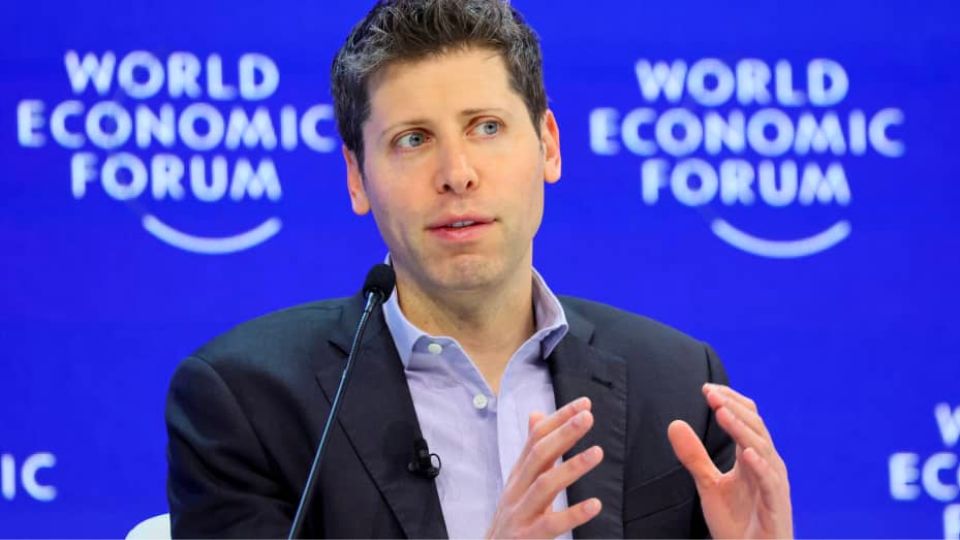In a legal battle that unfolded last year, The New York Times (NYT) took legal action against OpenAI and Microsoft, claiming that OpenAI’s ChatGPT had been trained using millions of NYT articles without obtaining proper permission. The media conglomerate claimed that this training, which entails replicating significant portions of their work, violates their copyright. The New York Times alleges that OpenAI and Microsoft are benefiting from their journalism without providing any compensation.
Sam Altman, the CEO of OpenAI, expressed his surprise at the legal case filed by the New York Times. During an interview at the World Economic Forum, Altman expressed his surprise at the news of the lawsuit against his company, stating, “We were caught off guard, just like everyone else, when we read about it in The New York Times.” The incident was rather peculiar.
According to Altman, the lawsuit does not concern him in the slightest. In a recent statement, he mentioned that addressing the conflict with NYT is not currently a primary focus for the company. Altman stated at the World Economic Forum that while they are open to training AI on The New York Times, it is not their main focus.
In a statement, he emphasized that OpenAI does not require the data from the New York Times. “We don’t need to train on their data,” he stated. “This is a topic that is often misunderstood,” “Any one particular training source, it doesn’t have a significant impact on us,” stated the CEO of OpenAI.
Also Read: The judge sanctions a Detroit police officer with manslaughter; prosecutors will file an appeal
NYT has to Say:
The New York Times expresses frustration over the exploitation of its investment in creating valuable content, as others profit without compensating the newspaper. A media outlet has expressed concerns about potential unfair competition, as users may choose to rely on chatbots for information instead of traditional news reporting. The New York Times stated that copyright law provides protection for their journalism and content during the lawsuit. “In order to use our work for commercial purposes, Microsoft and OpenAI must first obtain our permission, as required by law.” They have failed to do so.
A lawsuit filed by The New York Times has the potential to have significant implications, as it could establish a legal precedent for determining the application of copyright law to content generated by artificial intelligence. Tech companies may need to reassess their data training practices as a result of this development. Additionally, there may be a need for changes in copyright legislation to specifically tackle the challenges presented by AI technology.



Leave a Reply